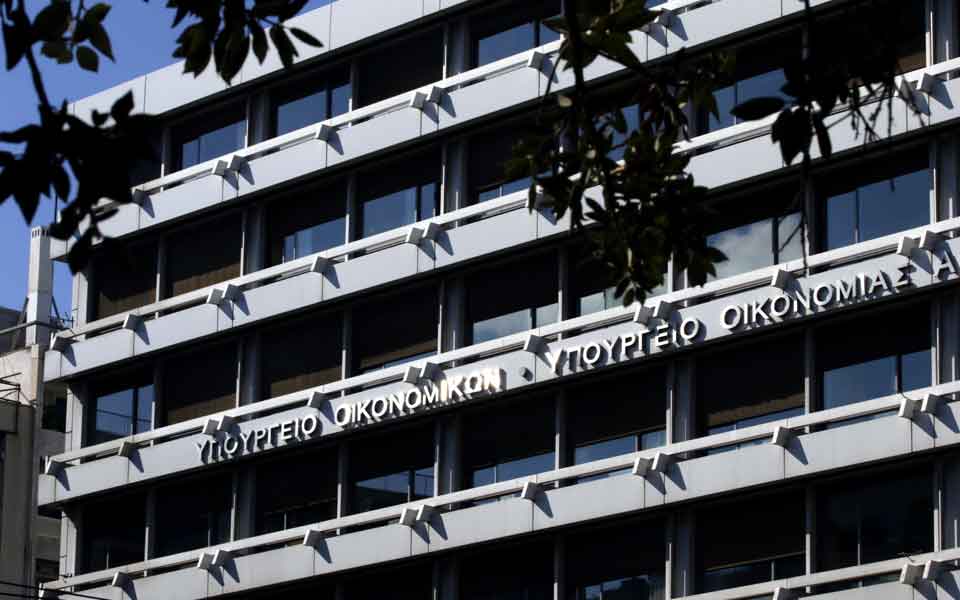Finance Ministry targets growth recovery

Last year closed with the general government debt at 338 billion euros and cash reserves at €31 billion. The Finance Ministry is now waiting for the final figures on the 2020 gross domestic product and the extent of the recession to establish how far above the 200% level the ratio of debt to GDP will rise.
If the forecast that GDP contraction has not exceeded 10.5% proves correct, meaning that the economy will drop to lows unseen since 2002 – to €162-163 billion – Greece will begin its effort to ease the debt-to-GDP ratio from the level of 207%-208%. For 2021 the entire effort will focus on confirming the projection for an economic rebound over 4.5%, so that the GDP reverts to at least €172-173 billion and the debt-to-GDP ratio is contained below the 200% mark. Therefore, all the effort will be on the denominator. As for the debt, the outlook appears clear.
The Public Debt Management Agency intends this year to carry out new bond issues adding up to some €12 billion, or more if conditions allow it. The bond program is expected to be launched this month with an issue maturing after more than 10 years.
With the early debt repayment planned (both to the International Monetary Fund with €3.6 billion and other official creditors) and with the payment of next year’s tranches, the debt in 2021 is anticipated to close at €343-345 billion.
The return to growth this year is the biggest challenge for the ministry, as there are increased chances of the recession spilling over into the first quarter of 2021, given the restrictions imposed on the economy. For Q2 there are some chances of stabilization – as the comparison will be made with the second quarter of 2020 when the GDP shrank 15% – and all hopes on the GDP rebound are pinned on the second half of the year, so that the target of 4.8% is attained.
The return to growth will be financed through new fiscal deficits, with the primary deficit rising to €6.6 billion of 3.8% of GDP, and the utilization of considerable resources, amounting to €5.5 billion, from the Next Generation EU fund.
The sooner and more effectively these resources are absorbed, the greater the response of the private sector is expected to be, facilitating the return to growth.





